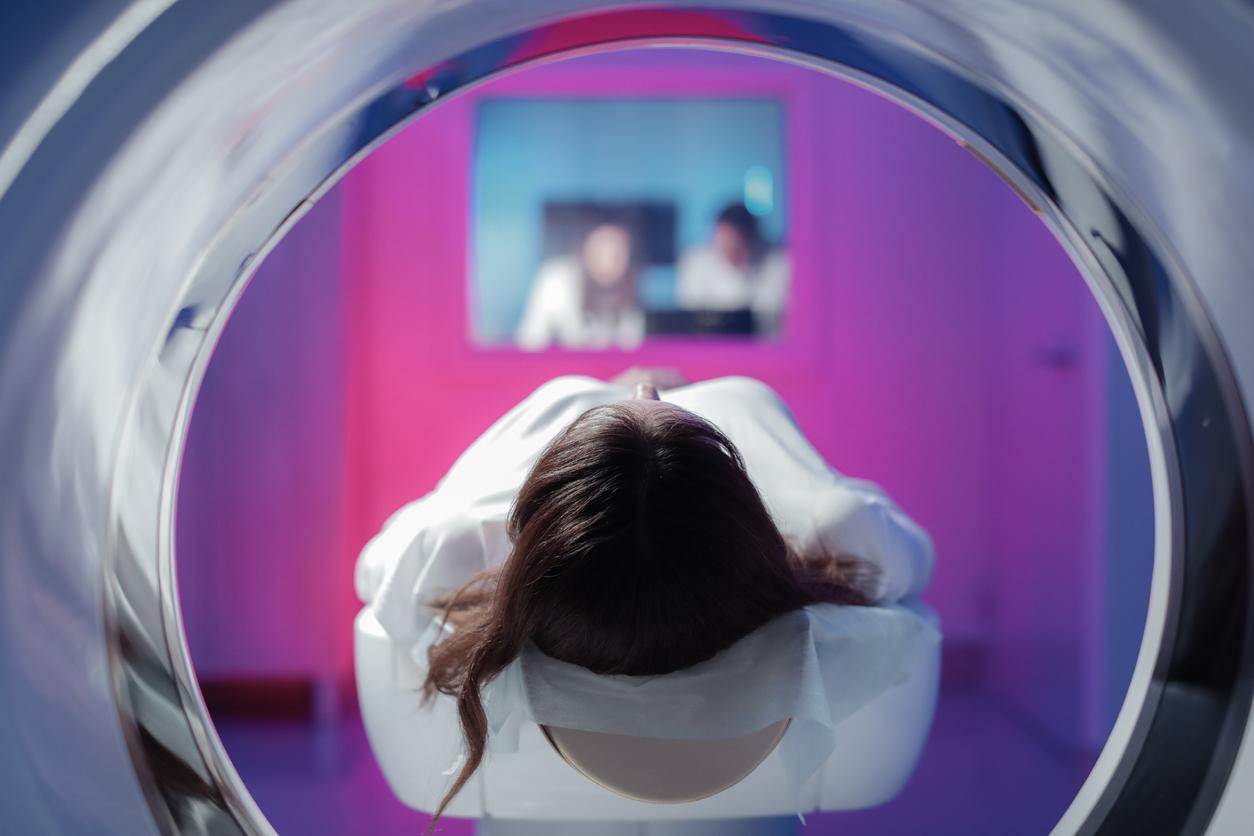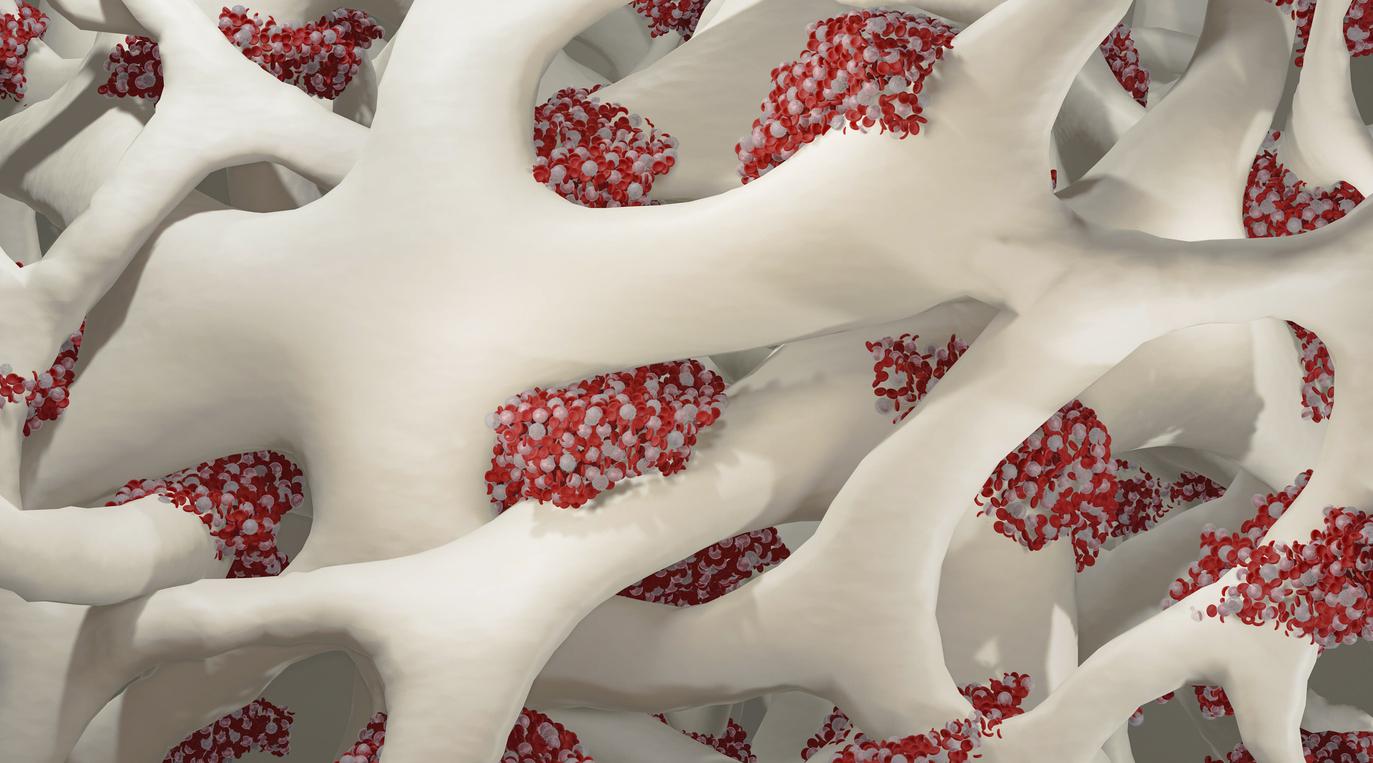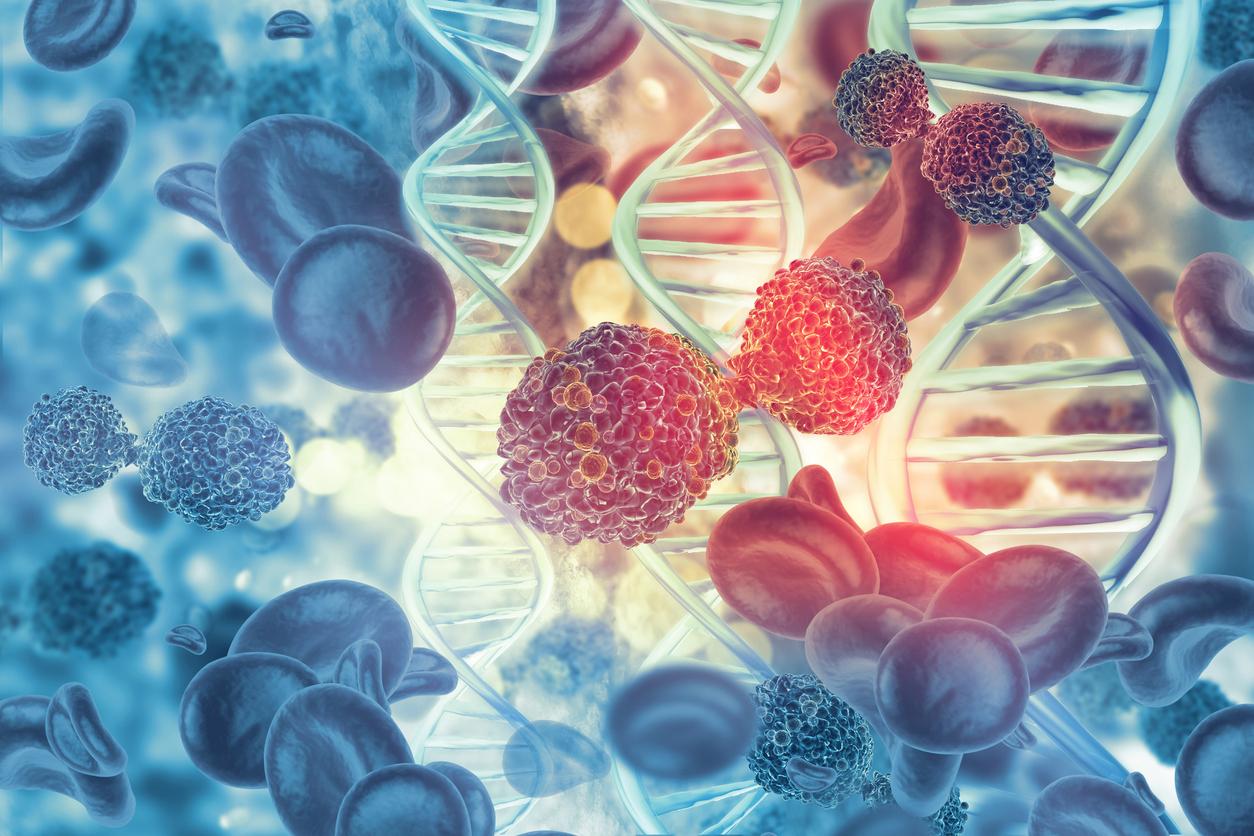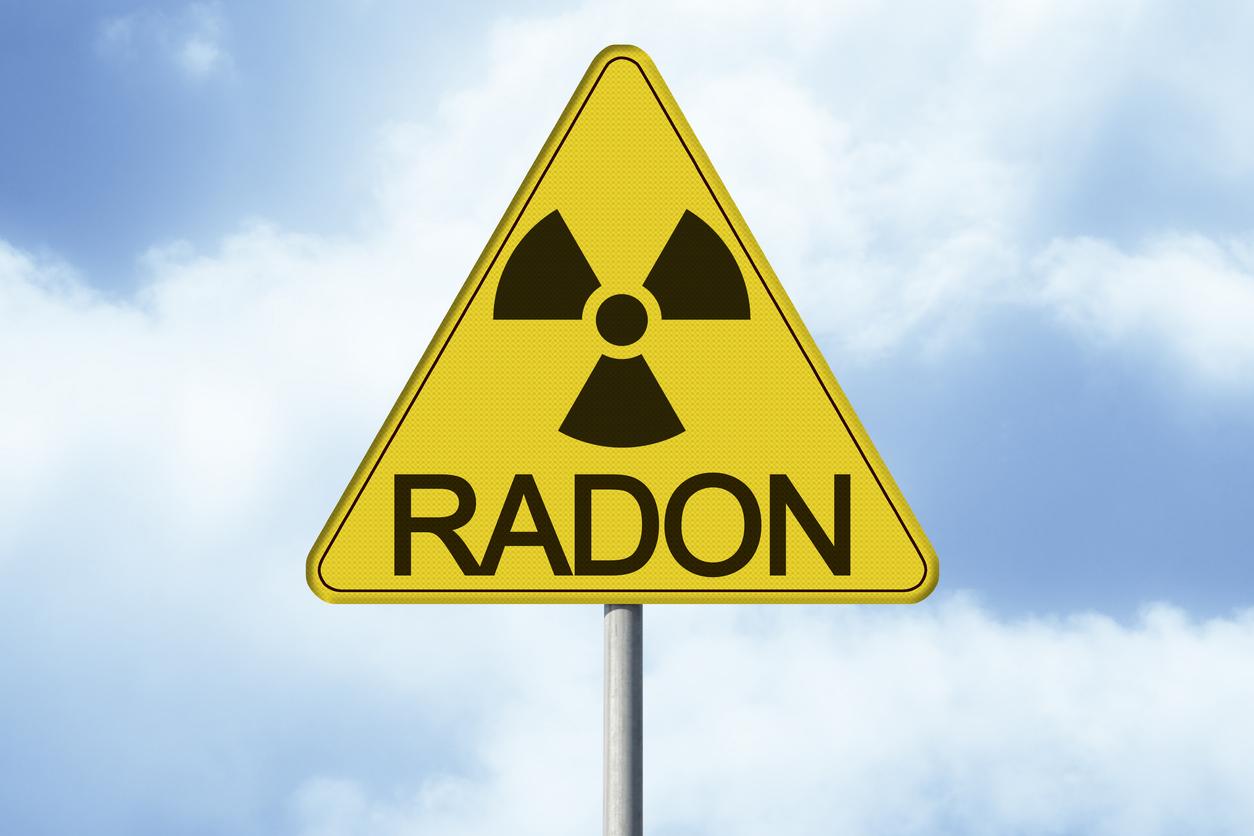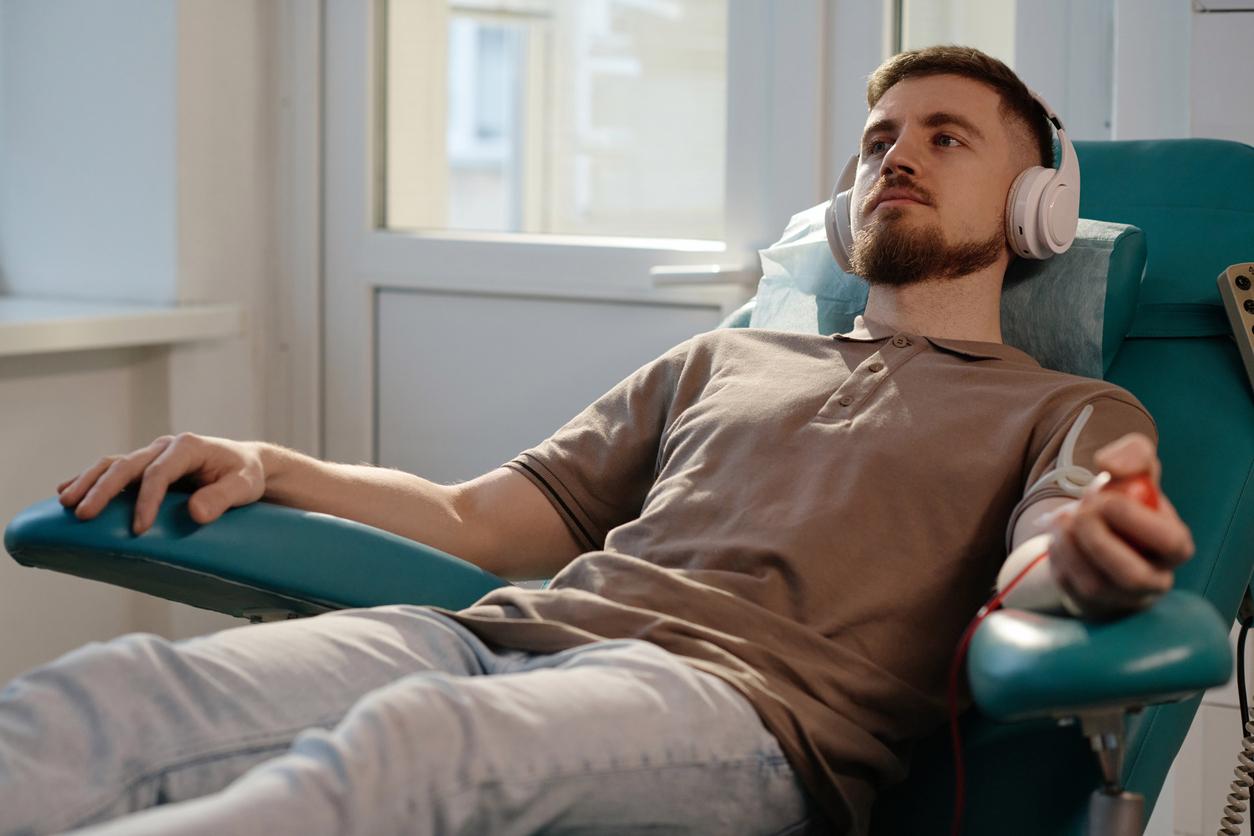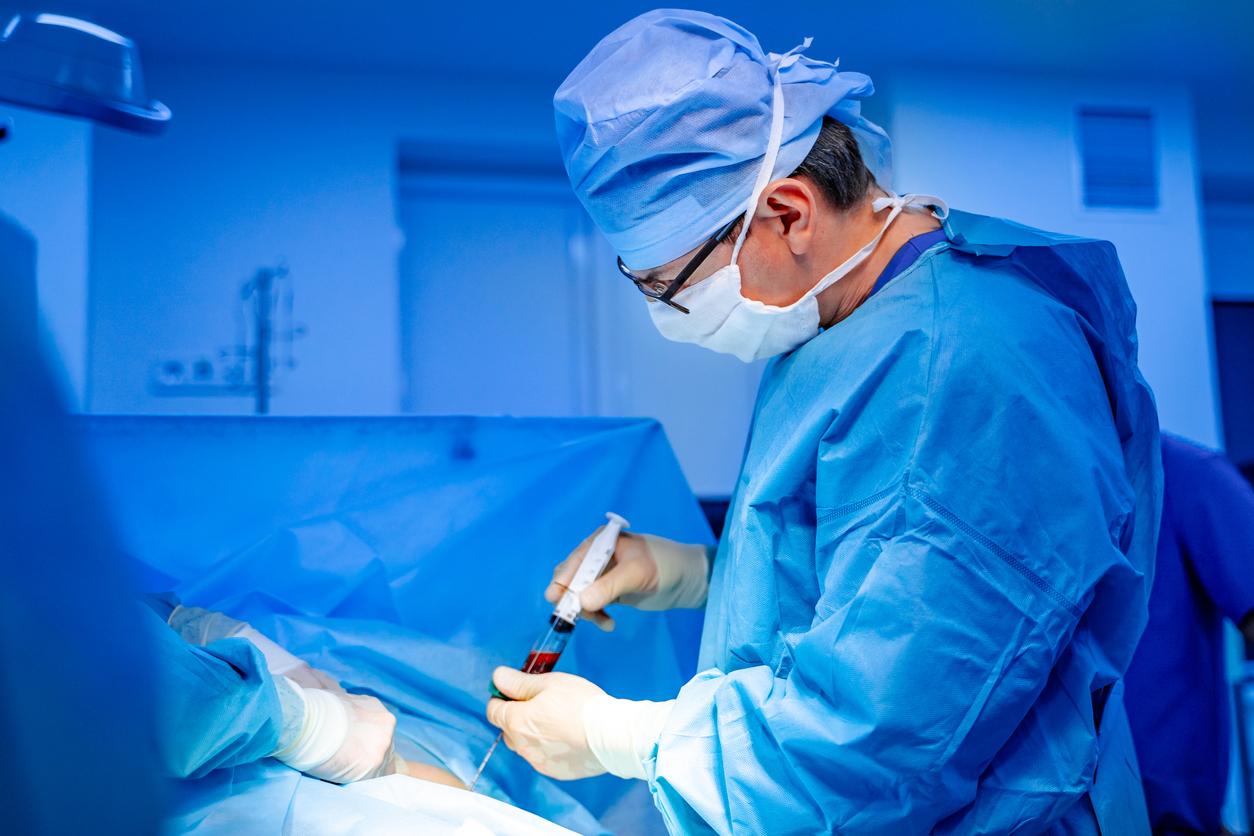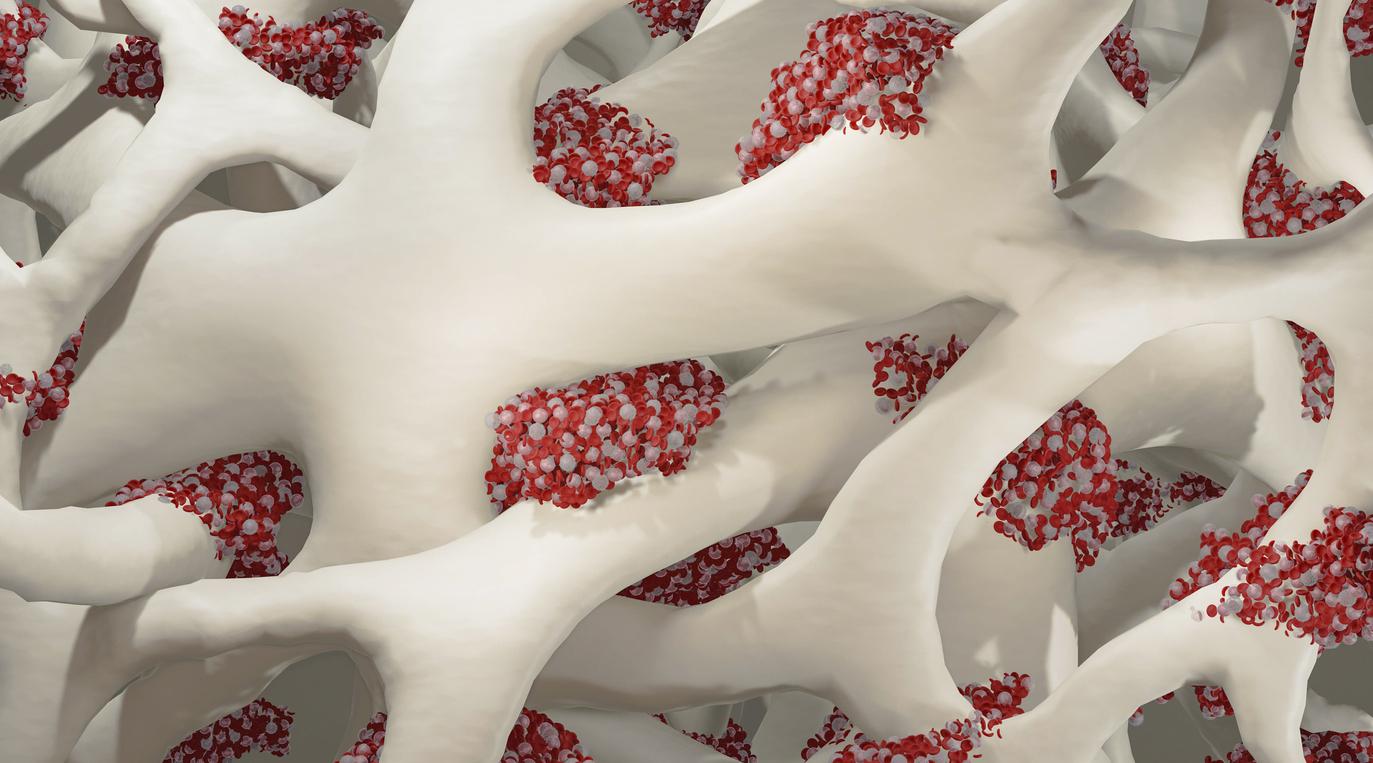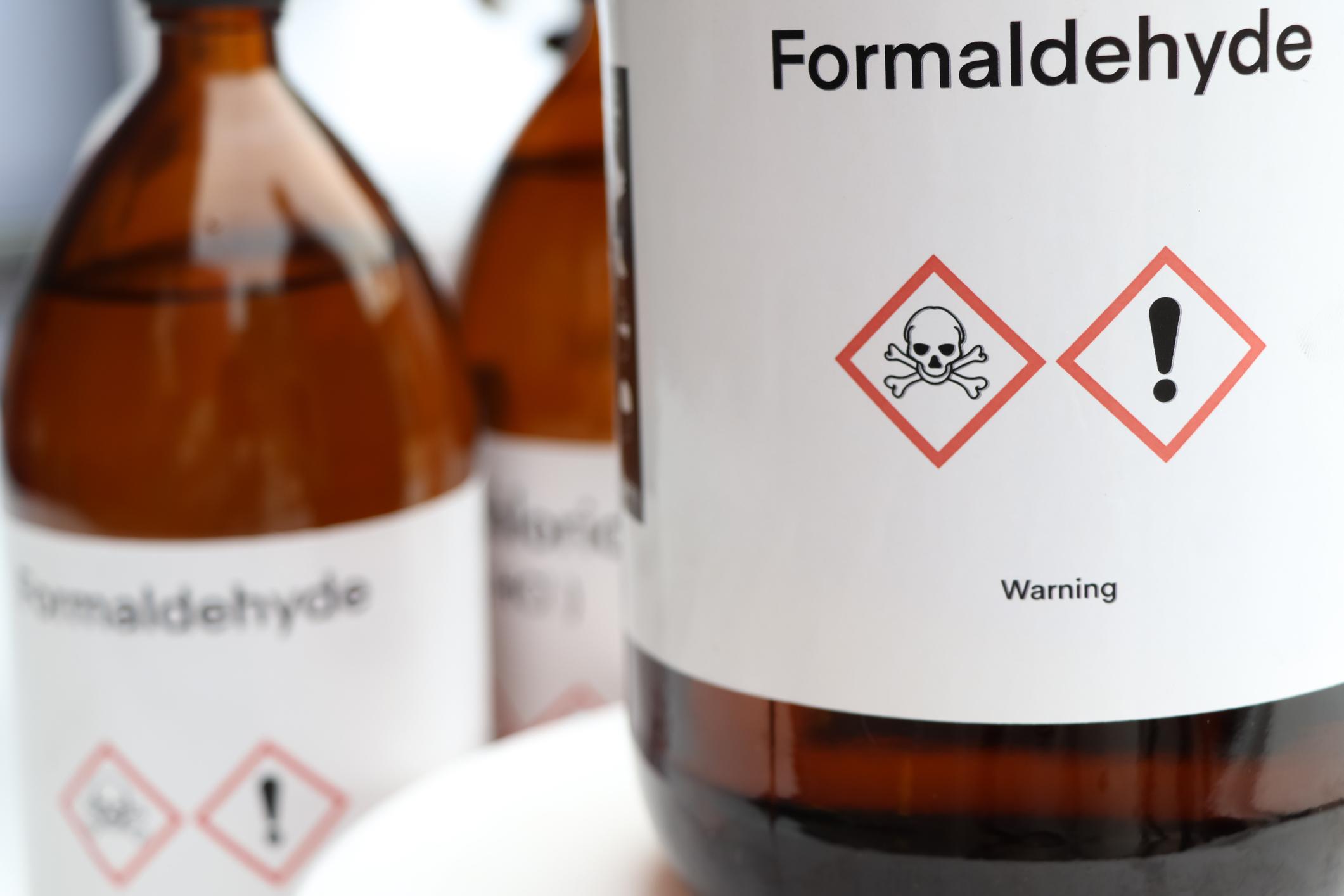Wrongly confused with spinal marrow donation, bone marrow donation is done by blood collection in the majority of cases. While the Biomedicine Agency is currently looking for male profiles between 18 and 35 years old, we are taking stock of this donation which can save patients suffering from a serious blood disease.

- As of March 31, 2020, 321,121 people were registered in the bone marrow donation register in France.
- There is currently a shortage of 20,000 donors, mostly young men.
- 70% of people sampled for national patients are men. However, the national register of voluntary bone marrow donors only has 36% of men.
It’s a heartbreaking call that you may have seen in the media or on social networks: that of Katinka Rambert-Cadré, mother of little Joseph, 3 and a half years old. Suffering from acute lymphoblastic leukemia, the little boy is desperately waiting for a bone marrow transplant. Rich in hematopoietic stem cells, the bone marrow is where blood cells are renewed. A donation will allow Joseph to rebuild his bone marrow, which no longer works.
“The challenge for us is to find a donor compatible with our son. The chances are 1 in 1 million”, explains Katinka Rambert-Cadré, who launched a national appeal to the media to encourage people to register.
Because the Biomedicine Agency, which manages bone marrow donations, is desperately looking for donors, and in particular young men, between 18 and 35 years old. Asked by FranceInfoCatherine Faucher, hematologist, head of the hematopoietic stem cell (HSC) collection and transplantation center at the Biomedicine Agency, explains that the grafts from these young profiles “are richer in hematopoietic stem cells”. Further, she recalls, “it is almost exclusively men that we need, because at present, it is a very large majority of women who are registered on the file. However, all pregnancies give rise to the production of anti- HLA. It’s natural to develop this with each pregnancy. And so, when using a male donor who does not have his anti-HLA antibodies, the graft is better tolerated immunologically in patients.”
Who can donate bone marrow?
To be able to donate bone marrow, you must be between the ages of 18 and 35 at the time of registration. However, it is possible to remain registered in the donor register, and therefore to make a donation, up to the age of 60. You must be in good health, not be positive for Covid-19 and answer a medical questionnaire. Once the file has been validated, you must submit to a blood or saliva sample to establish your “biological identity card”. This makes it possible to check its compatibility with a patient. In case of compatibility with a patient awaiting a transplant, we are contacted again within three months before the date of collection.
Who needs a donation?
Patients with serious blood disease, adults and children. They suffer from leukemia, but also from bone marrow aplasia, metabolic or genetic diseases (immune deficiency, adrenoleukodystrophy, myelodysplasia, Fanconi anemia, etc.), which cause dysfunction of their bone marrow.
What does bone marrow harvesting involve?
Not to be confused with spinal marrow donation, bone marrow donation is currently done through two collection methods. Each allows the collection of a different type of graft corresponding to the needs of the patient. In 80% of cases, it is a blood sample. This method, called cytapheresis, is preceded by taking a drug a few days before to stimulate the production of bone marrow cells and move them from the bones into the blood. The collection takes approximately 4 hours.
It is also possible that the sample is taken by puncturing the bones of the pelvis. This involves taking bone marrow cells directly from the pelvic bone, along with their surrounding environment. It is then necessary to be taken care of for 48 hours in the hospital. Neither of these two samples entails any risk for the donor.
Once collected, the bone marrow cells are transported to the patient and transfused within 12 to 36 hours.
I want to donate my bone marrow: how does it work?
If you would like to donate your bone marrow, go to the website dondemoelleosseuse.fr to fill out a quick health questionnaire. If this is validated by the Biomedicine Agency, you can apply for registration in the national register of bone marrow donors.
.







